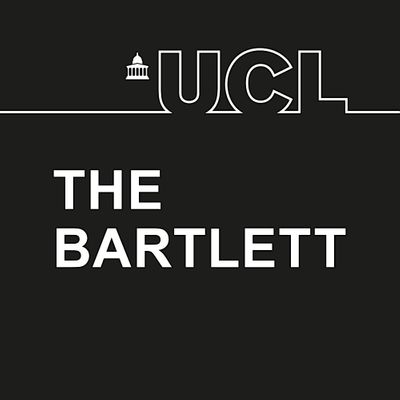
About this Event
This seminar will explore the pioneering policies and contentious politics surrounding the design and implementation of Low Traffic Neighbourhoods (LTNs) across London. We will hear from experts on the evidence of the impacts of LTNs on everyday life and on planning processes in various London boroughs, and discuss the prospects and challenges of planning for LTNs today.
Low traffic neighbourhoods (LTNs) have become a popular planning policy in many London boroughs in recent years. They are being rolled out in efforts to calm traffic and clean the air, to promote individual wellbeing as well as the environmental quality, walkability and liveability of neighbourhoods – many transformed from rat runs for cars into welcoming spaces for residents, walkers, cyclists and wildlife.
Yet despite their many benefits, LTNs have proven controversial. They have been mobilised in the culture wars, alongside other clean air urban policies such as the Ultra Low Emission Zone (ULEZ) – pitting drivers against cyclists and pedestrians, and framed by parts of the mainstream press and politics as a ‘war on motorists’ and an affront to liberty.
This second seminar in this year’s London Planning series, organised by the UCL Bartlett School of Planning, seeks to unpack the politics, dispel the myths and assess the evidence for LTNs in London. We will be joined by leading experts and pioneers of LTN design and implementation to present their experience of envisioning, delivering and evaluating LTNs in various London boroughs. The seminar invites us to consider the record of LTNs to date, the evidence for their benefits, and what the future might hold in terms of political prospects.
The politics of the planter’, Zeina Hawa and Will Wright
The presentation will focus on the politics and context of low traffic neighbourhoods, providing an evidence review of public opinion and experiences from public engagement. It will shift to focus on the challenges of real life delivery of LTNs in London relying on case studies and experiences form Sustrans, with discussion on the framing of LTNs, delivering them as part of a package of wider interventions, and focusing on design solutions, and monitoring approaches that could potentially shift public perception. The presentation will conclude with a commentary on our latest research around factors that influence the ‘success’ of LTNs, and the policy implications.
These seminars are designed to generate discussion and debate amongst planners and policymakers, researchers and students, activists and residents across London.
Jon Burke
For six years, Jon was Councillor for the London Borough of Hackney, ending up as Cabinet Member for Energy, Sustainability, Transport and Public Realm. In the role, he oversaw the largest urban tree planting campaign in the UK, an extensive roll-out of low-traffic neighbourhoods, and established the borough’s first publicly-owned energy company in a century.
Zeina Hawa
Zeina is Senior Engineer with Sustrans, leading a range of active travel infrastructure and healthy streets projects in the UK. Zeina has a broad background in urban planning, transport planning, and engineering with an MSc in Transport and City Planning and an MEng in Environmental Engineering from University College London. She focuses on the role of participatory design in place-making projects and city development. She has designed and delivered Low traffic neighbourhoods in London boroughs, delivers training courses and developing guidance on Low traffic neighbourhood design and considerations, and has been involved in the latest research around measuring and understanding LTN impact. Zeina is also a co-founder of The Chain Effect, a Beirut-based organisation that focuses on facilitating cycling as a form of sustainable transport and development.
Will Wright
Will is an Evaluation Manager in the Research and Monitoring Unit at Sustrans. He leads a broad portfolio of active travel research, monitoring and evaluation projects. These have included a range of projects on Low Traffic Neighbourhoods, such as: supporting and training local authorities with their monitoring of LTNs; analysing LTN consultation responses and engagement feedback; evaluating how LTNs can change how people use space; exploring how design features can impact LTN traffic outcomes; and undertaking a comprehensive internal review of evidence surrounding LTN projects. He has a PhD in Human Geography and is particularly interested in people’s relationship with and the contested politics of space, place, and movement.
Event Venue & Nearby Stays
G01, 14 Upper Woburn Place, London, United Kingdom
GBP 0.00
